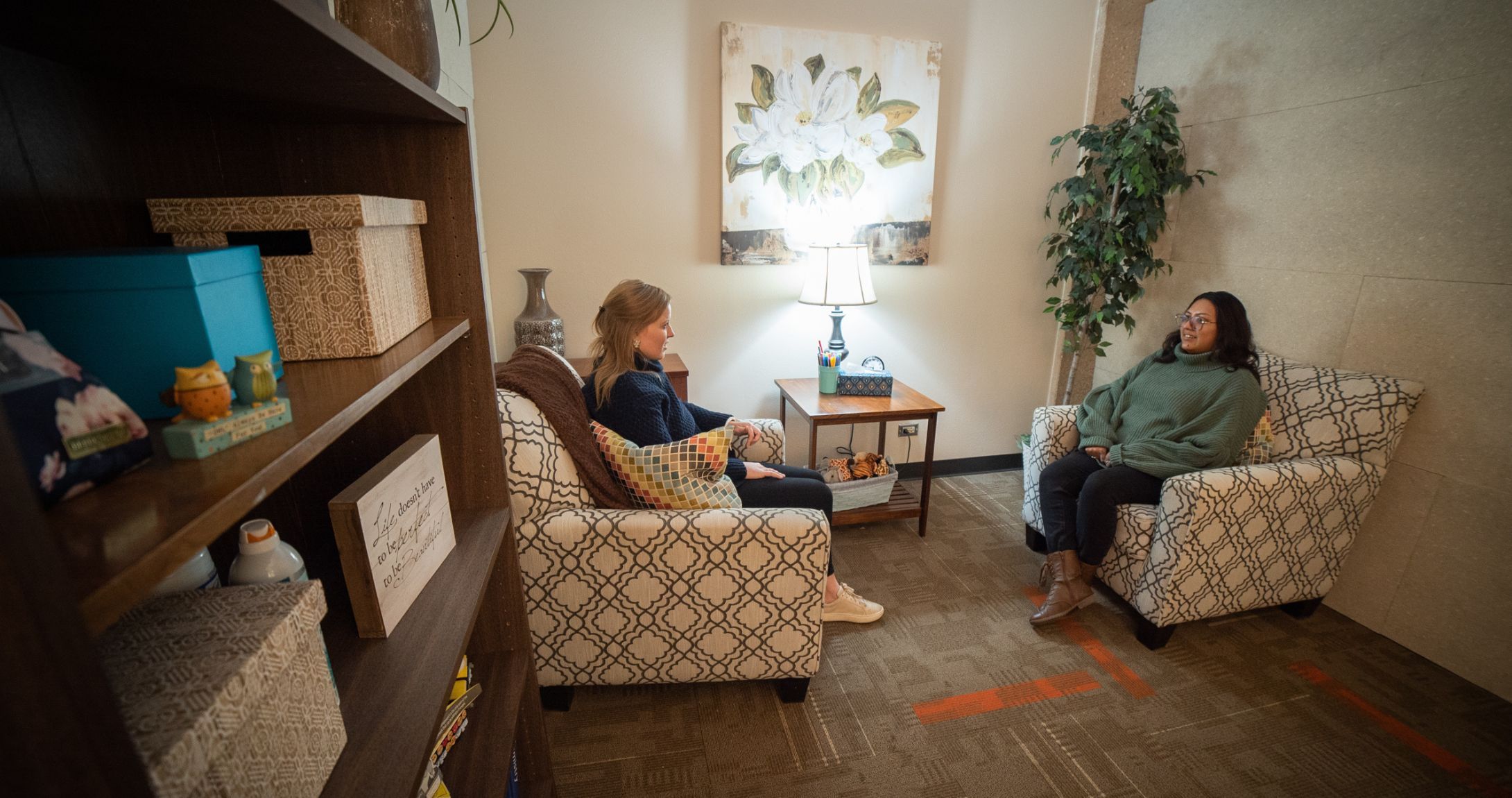Counseling Program
Let’s talk about it
Most of us never know what someone else is going through. You can be the exception who improves, and sometimes saves, lives.
Our Counseling Program at UT Permian Basin is dedicated to the preparation of counselors for service in schools, agency, and private practice settings.
Why Counseling at UTPB?
Jobs
100% job placement rate
Options
Move on to related work like psychology, social service, etc.
Future
Blindingly bright job outlook through 2031
Why should you study counseling?
Anyone can provide a shoulder or an ear to a friend in need. As a counselor, you have the demonstrated knowledge, skills, and disposition to notice the signs a friend may miss, particularly in a culturally diverse society.
Approximately 70% of the courses offered are taught via traditional experiences such as lecture, discussion, live modeling and demonstration, and classroom discussions.
What are my job prospects?
After earning a degree in Counseling, students can have a career in a variety of different industries including:
- Clinical or family therapist
- Licensed professional clinical counselor
- Marriage and family therapist
- Mental health counselor
- Professor
- School counselor
- Social worker
The job outlook for mental health counselors is growing at an above-average rate of 22%. Nationally, Texas is in the top five for employment in this profession.
What industry-specific skills will I learn?
Counseling requires real practice—carefully conducted so you get supervisor, peer, and client feedback to improve your skills. UT Permian Basin’s graduate programs in counseling offer you that kind of real experience.
Our Counseling program, will help you gain multiple skills including the competencies necessary to conduct research and use assessment to develop, implement, and maintain a comprehensive developmental guidance program.

